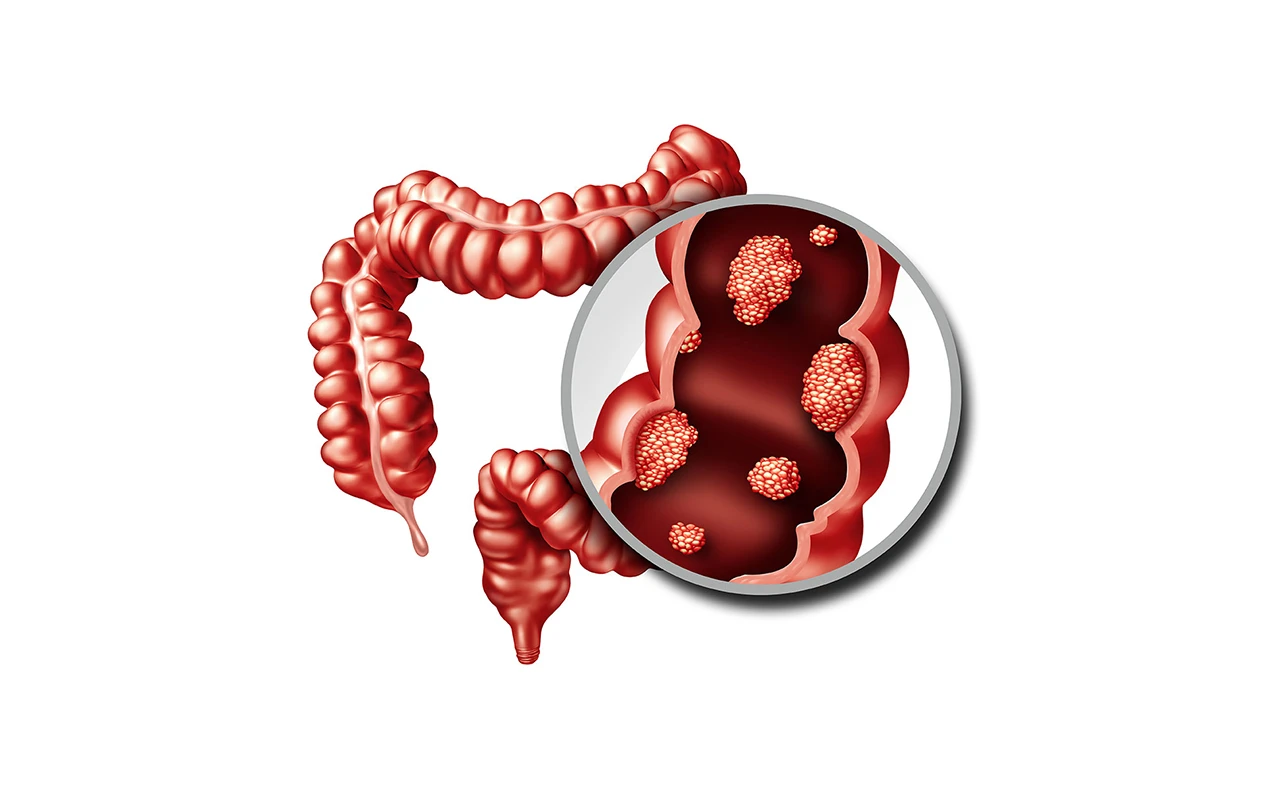Understanding the ICD-10 Code for Rectal Cancer

In the medical world, accurate classification and coding of diseases are essential for effective communication, treatment planning, and billing processes. For rectal cancer, the ICD-10 code plays a crucial role. If you’ve ever wondered how this coding system works or why it’s so important, you’re in the right place. This article will provide a detailed overview of the ICD-10 code for rectal cancer, its significance, and how it aids healthcare professionals and patients alike.
What is the ICD-10 Code?
Overview of ICD-10
The International Classification of Diseases, 10th Revision (ICD-10), is a globally recognized coding system used to document diseases, conditions, and health-related issues. Managed by the World Health Organization (WHO), the ICD-10 system ensures consistency in medical documentation across the globe.
The Structure of ICD-10 Codes
ICD-10 codes are alphanumeric, typically comprising three to seven characters. Each code begins with a letter, followed by numbers that provide detailed information about the condition’s type, severity, and location. For example, the code C20 is used specifically for rectal cancer.
ICD-10 Code for Rectal Cancer
Primary Code: C20
The ICD-10 code for rectal cancer is C20, which denotes a malignant neoplasm of the rectum. This code is vital for medical documentation, insurance claims, and statistical analysis.
Additional Codes for Specificity
Depending on the complexity of the condition, additional codes may be required to provide further details. These include:
| Code | Description |
|---|---|
| C78.5 | Secondary malignant neoplasm of large intestine |
| Z85.048 | Personal history of malignant neoplasm of rectum |
| D12.8 | Benign neoplasm of rectum and anal canal |
These codes help differentiate between primary and secondary cancers, as well as provide insights into a patient’s medical history.
Why is the ICD-10 Code for Rectal Cancer Important?
For Healthcare Providers
- Accurate Diagnosis: Using the correct ICD-10 code ensures that the patient’s condition is precisely documented.
- Treatment Planning: Codes like C20 assist in developing targeted treatment strategies, improving patient outcomes.
- Communication: Consistent coding facilitates seamless communication between multidisciplinary teams.
For Patients
- Streamlined Billing: Correct coding simplifies the insurance claim process, reducing financial stress.
- Understanding Their Condition: Patients can use ICD-10 codes to research and better understand their diagnosis.
For Researchers and Policymakers
ICD-10 codes provide valuable data for:
- Analyzing disease prevalence.
- Developing public health policies.
- Allocating resources effectively.
Symptoms and Diagnosis of Rectal Cancer
Common Symptoms
Rectal cancer symptoms can vary but often include:
- Changes in bowel habits (diarrhea, constipation, or narrowing of stools).
- Rectal bleeding or blood in stools.
- Abdominal discomfort or pain.
- Unexplained weight loss.
- Fatigue.
Diagnostic Tests
- Colonoscopy: A thorough examination of the rectum and colon.
- Biopsy: Sampling of tissue to confirm malignancy.
- Imaging Tests: CT scans, MRIs, and PET scans to determine cancer spread.
Treatment Options for Rectal Cancer
1. Surgery
- Local excision: For early-stage cancers.
- Resection: Removes the affected part of the rectum.
2. Radiation Therapy
Often combined with chemotherapy to shrink tumors before surgery.
3. Chemotherapy
Used to destroy cancer cells and prevent recurrence.
4. Targeted Therapy
Focuses on specific molecules involved in cancer growth.
Preventive Measures and Early Detection
Lifestyle Changes
- Maintain a balanced diet rich in fiber and low in red and processed meats.
- Engage in regular physical activity.
- Avoid smoking and limit alcohol consumption.
Screening Guidelines
- Colonoscopy: Recommended every 10 years starting at age 45 for average-risk individuals.
- Fecal Occult Blood Test (FOBT): An annual test to detect hidden blood in stools.
Frequently Asked Questions About Rectal Cancer and ICD-10
1. What is the purpose of ICD-10 codes in cancer care?
ICD-10 codes provide a standardized method for documenting and categorizing cancers, aiding in diagnosis, treatment, and billing.
2. Can ICD-10 codes be used for insurance purposes?
Yes, ICD-10 codes like C20 are essential for processing insurance claims and ensuring accurate reimbursement.
3. How often are ICD codes updated?
ICD codes are periodically updated by the WHO to reflect advancements in medical knowledge and practices.
Conclusion
Understanding the ICD-10 code for rectal cancer is essential for healthcare providers, patients, and researchers. The code C20 not only helps in accurate diagnosis and treatment planning but also facilitates efficient communication and billing. By familiarizing yourself with this coding system, you can navigate the complexities of medical documentation with ease.
If you or someone you know is affected by rectal cancer, always consult a healthcare professional for personalized advice. Early detection and appropriate treatment can make a significant difference. Remember, knowledge is power, and understanding your diagnosis is the first step toward recovery.
Read more: